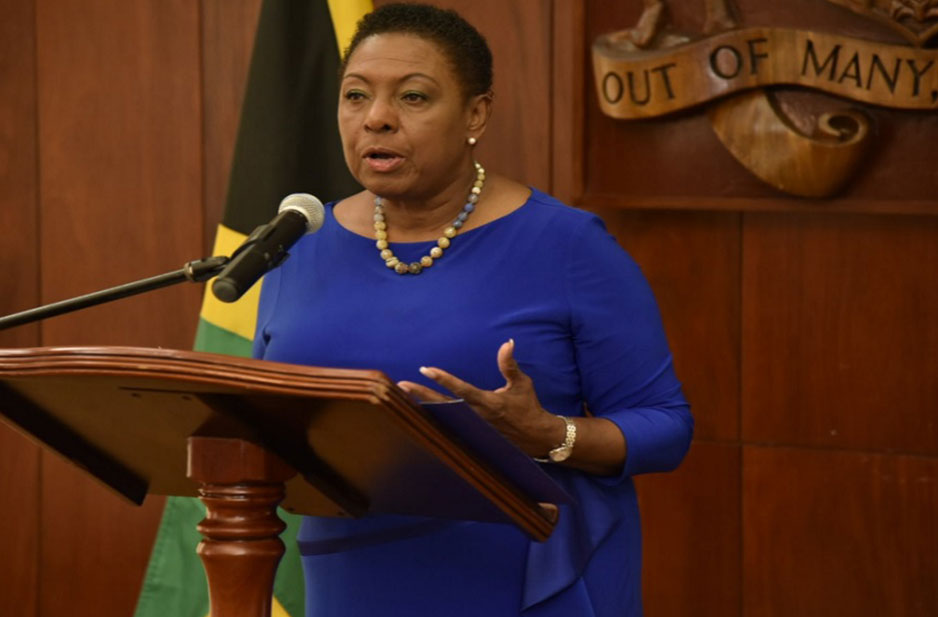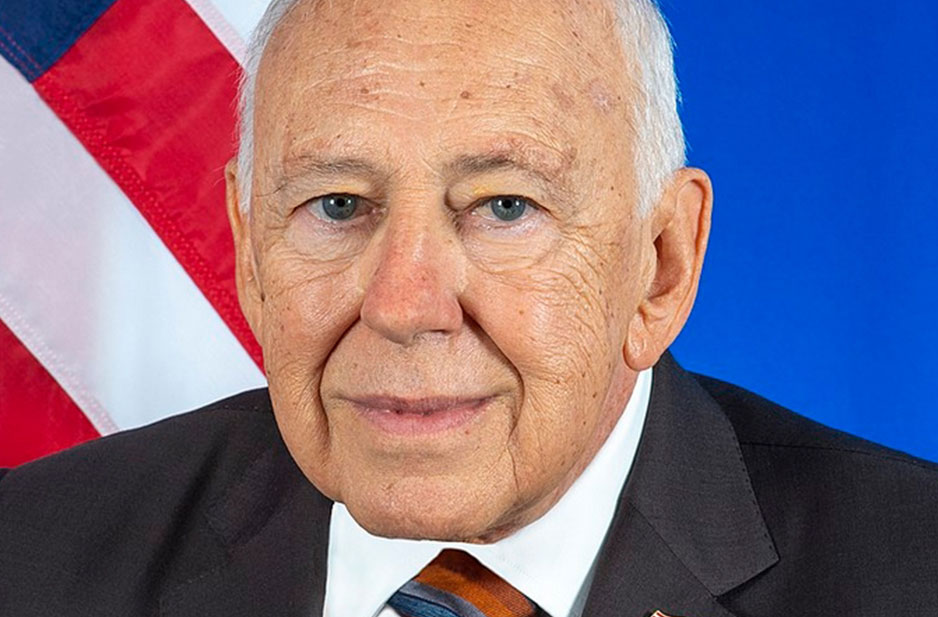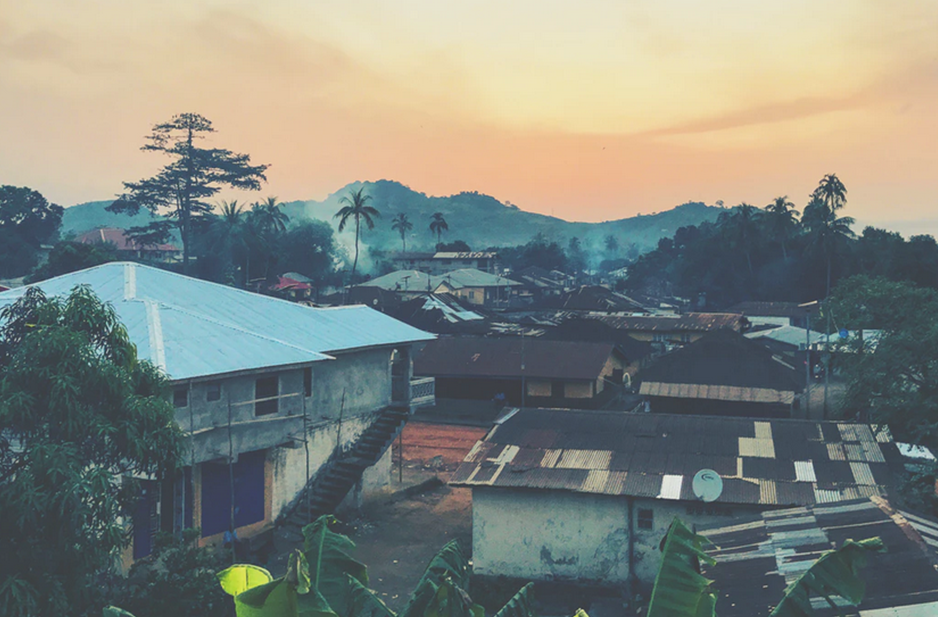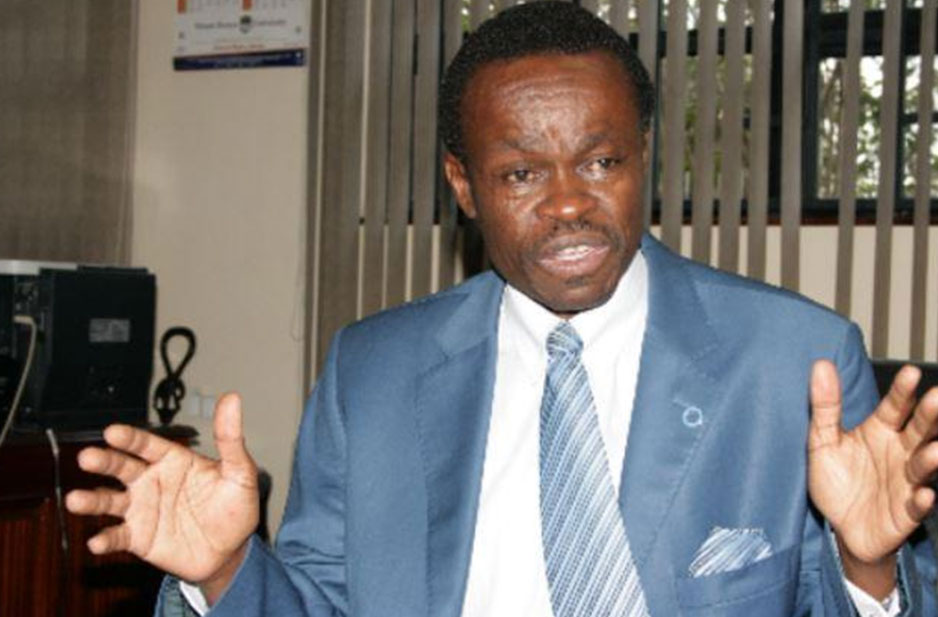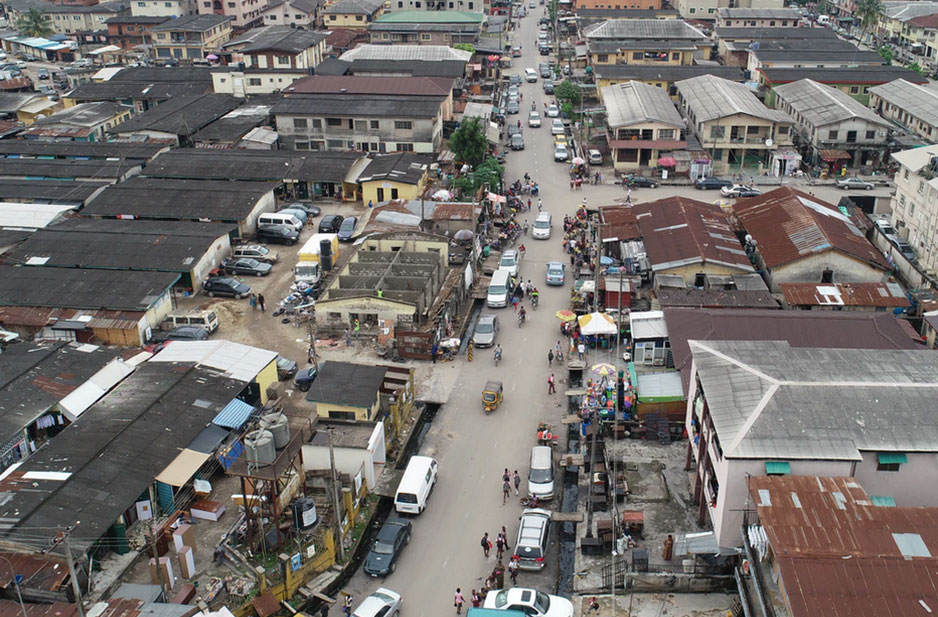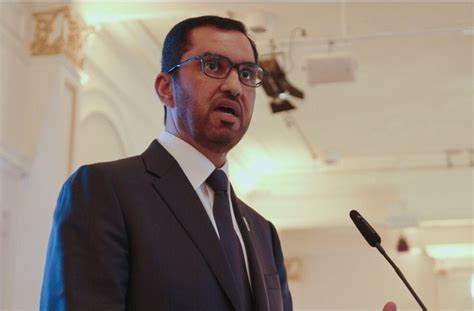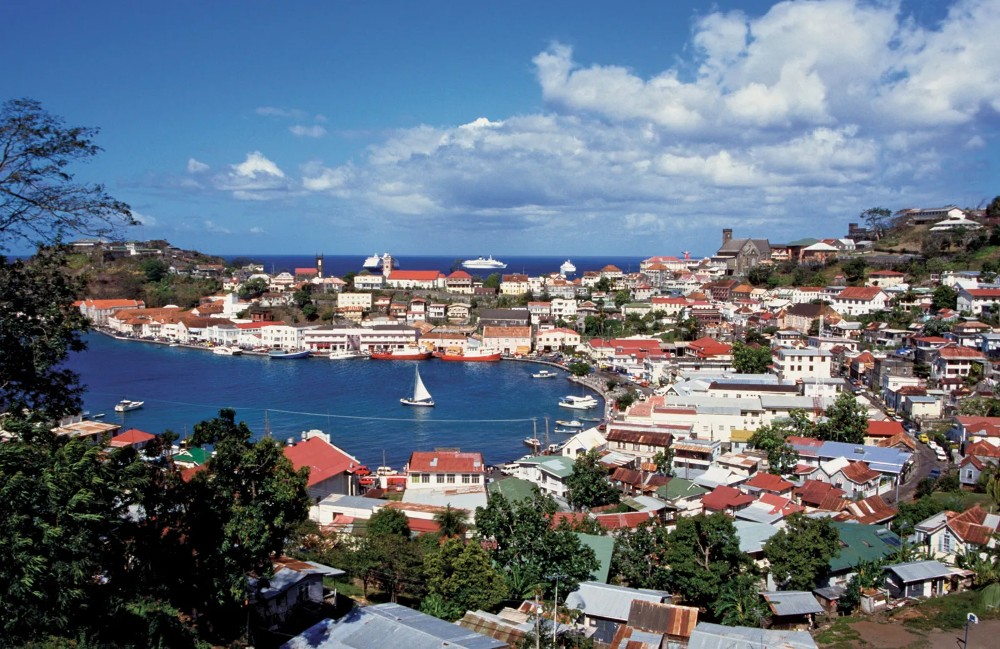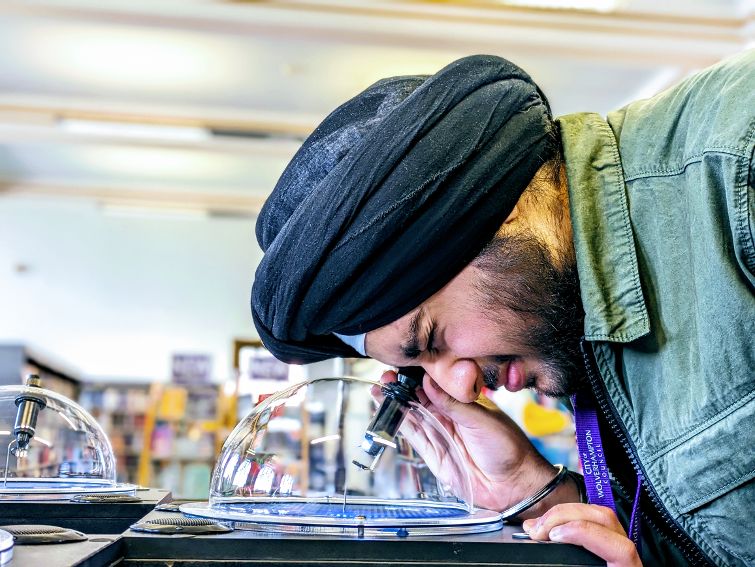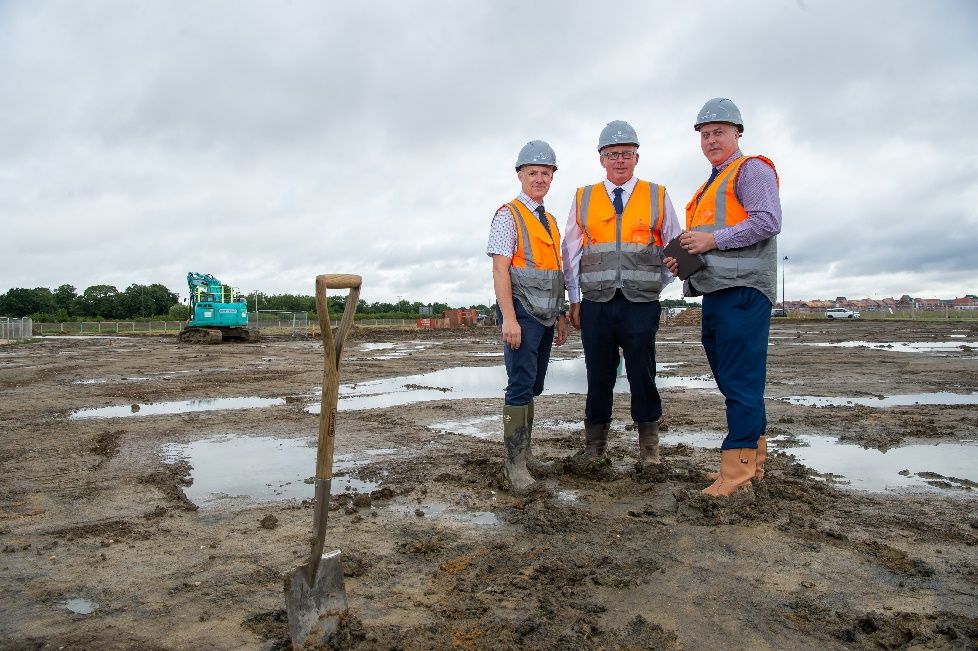Telethon Jamaica exceeds $60million as donations continue rolling in
The Minister of Culture, Gender, Entertainment and Sport in Jamaica, Olivia Grange has said that donations will be accepted during a repeat presentation of Telethon Jamaica.
Grange said highlights of Jamaica's first telethon would be aired instead of the traditional Labour Day concert with the highlights package to be broadcast on national television and online.
Telethon Jamaica has raised more than $60 million towards providing much needed additional resources to Jamaica's health services in the wake of COVID-19.
In a statement Grange said; “I can announce that we have received the majority of the sums that have been pledged so far to Telethon Jamaica. I say 'so far' because we continue to get calls from people who want to contribute to this effort. During the broadcast on Labour Day, we will have a team on hand to take calls and guide people who want to contribute to this very important effort. But people don't have to wait until Monday; they can contribute right now on the website — www.jatogetherwestand.com — and it will go straight into the account.”
The Telethon Jamaica highlights show will be broadcast on Monday between 5 pm and 7 pm on TVJ and PBCJ and several social media platforms, including VP Records YouTube channel (www.14dd5266c70789bdc806364df4586335-gdprlock/VPRecords).
“Although it's a highlights show, it will include new performances from leading and upcoming Jamaican artistes who we were unable to include in the original telethon — such as Buju Banton; J-Summa; Tessellated and Miss World, Toni-Ann Singh — who have given so generously of their time and talent in this national effort. The broadcast will be anchored by Naomi Cowan,” the minister said.
The programme will also feature performances by Skip Marley, Ziggy Marley, Gloria Estefan, Shaggy, Richie Spice whose song 'Together We Stand' was chosen as the theme music for the telethon.
To make a donation online, visit www.jatogetherwestand.com or www.mypaymaster.com.
To donate by telephone, call 876-960-9632-4, 1-866-228-8393 (toll free from Jamaica, the United States or Canada) or +44 0808 189 6147 (toll free from UK and Europe).
Cash/cheque donations are accepted at any Paymaster location in Jamaica.




